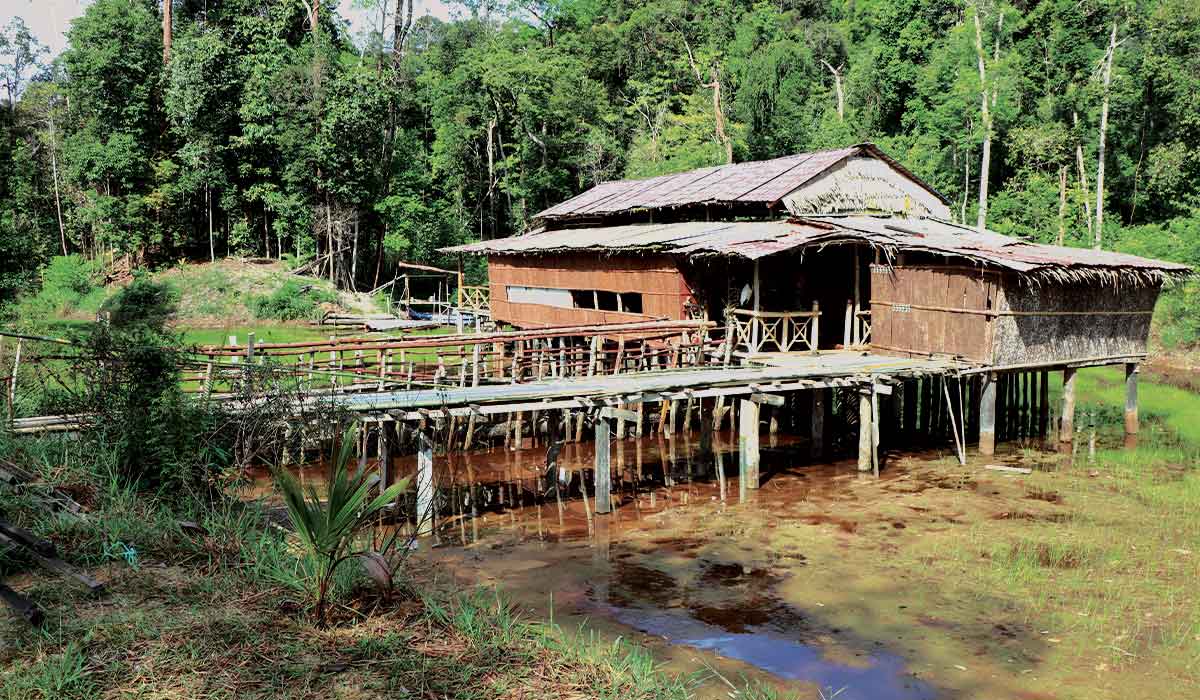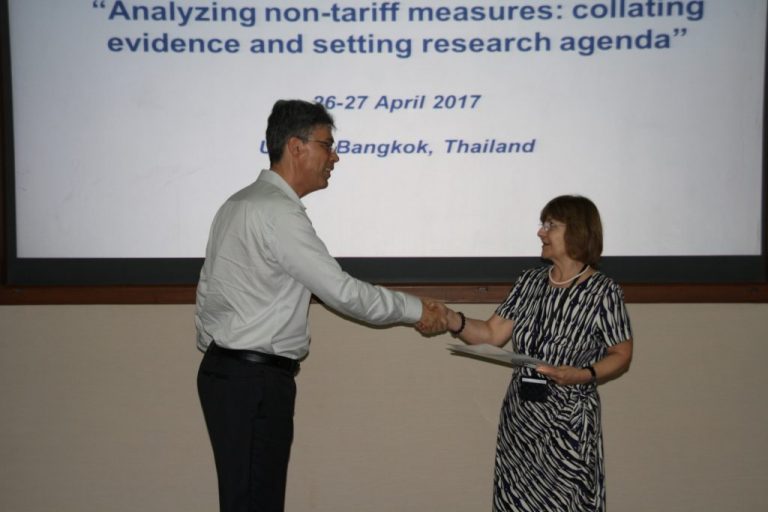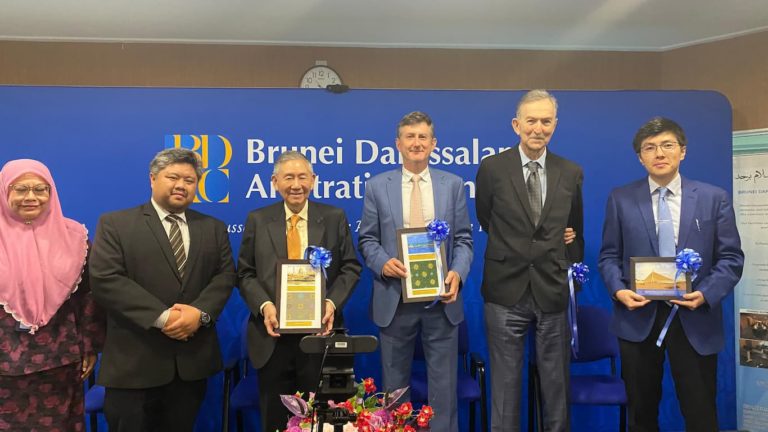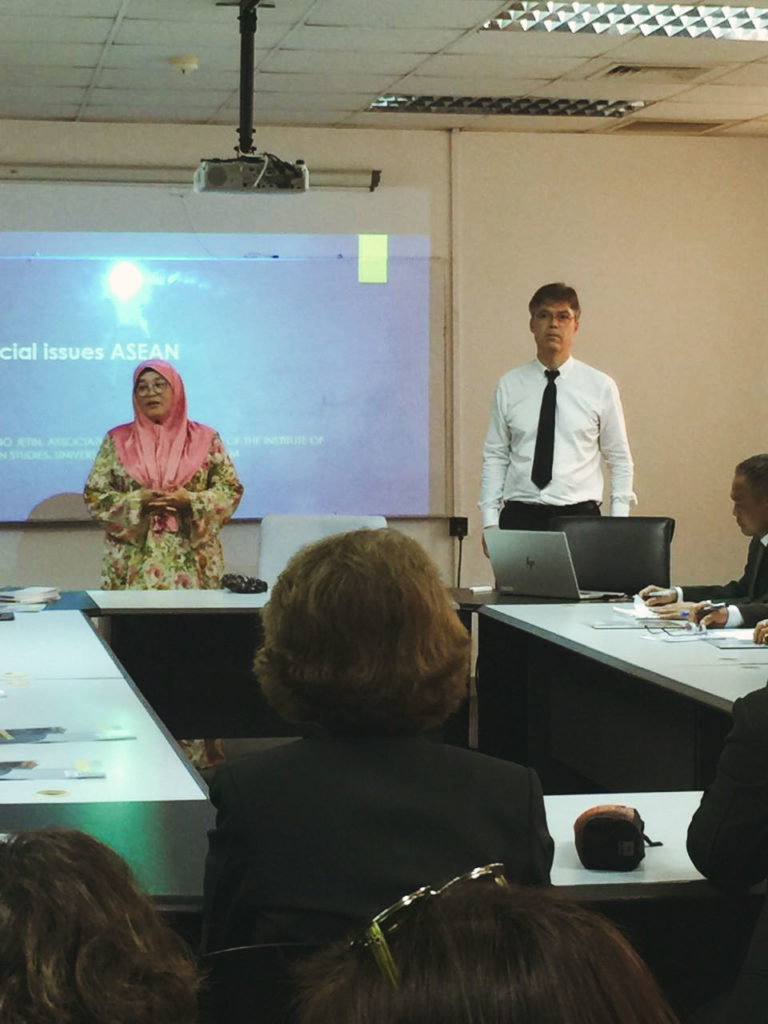The Institute of Asian Studies at Universiti Brunei Darussalam (IAS @ UBD) is carrying out a research project on the Dusun in Brunei together with the Faculty of Arts and Social Sciences (FASS) at UBD.
Funded by FASS, this B$23,000 research project is entitled “Making Sense of ‘Dusunness’: Representing and Deconstructing Ethnic Identity.” The project is led by Asiyah Kumpoh (FASS), and the team of collaborators includes Yabit Alas (Language Centre), Lian Kwen Fee (IAS), Tong Chee Kiong (UBD) , and Faizul Ibrahim (IAS/FASS).
Since the 1950s and leading to independence in 1984, Brunei evolved into a Malay-Muslim monarchical state practicing assimilationist policies. Like the other indigenous groups, many Dusun gradually identified with the Malay-Muslim majority over the years, as the generation growing up in the 1970s, 1980s and more evidently in the 1990s were exposed to a Malay/English based education, Islamic influence, urbanization, and the benefits of citizenship.
Many of the scholars on the Dusun at that time framed their work accordingly, along issues of deculturation and loss of identity. In the current project, the researchers focus instead on the fluidity of ethnic identity as the Dusun sought to manage and negotiate their lives in a Malay-Muslim world.
The project documents how people who identify themselves as Dusun make sense of their identity in their everyday lives from the 1950s to the 1990s, a period when Brunei transitioned from a traditional agricultural to a modernized economy driven by oil and state infrastructure spending. Much of the fieldwork were conducted in Tutong, where the Dusun originated and continue to regard as their traditional homeland even when they migrated to seek opportunities in the urban economy.
Preliminary findings suggest that Dusun identity is heterogenous and is reflected differently, depending on ecological variations such as coastal, lowland and upland locations. It is also the outcome of endogenous and exogenous influences. The study has implications for how we make sense of ethnicity in Borneo.
Some of the preliminary findings have been published in IAS Working Paper No 67: Who are the Dusun in Brunei? Representation and Deconstruction of an Ethnic Identity.





